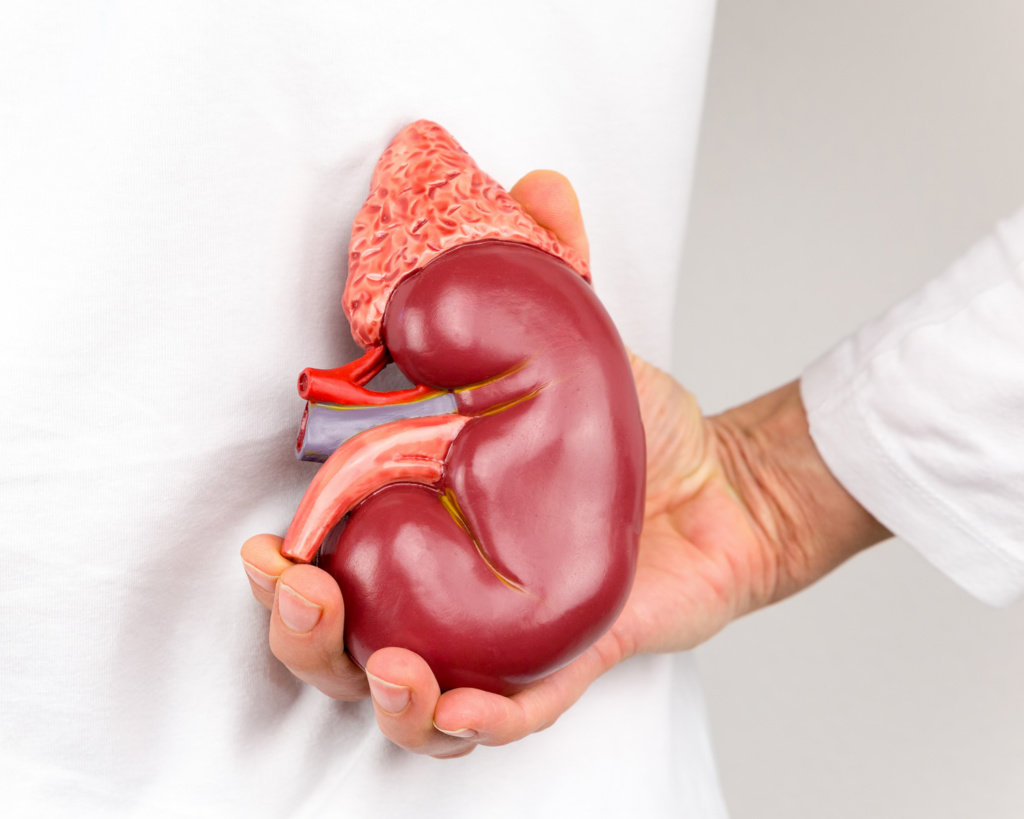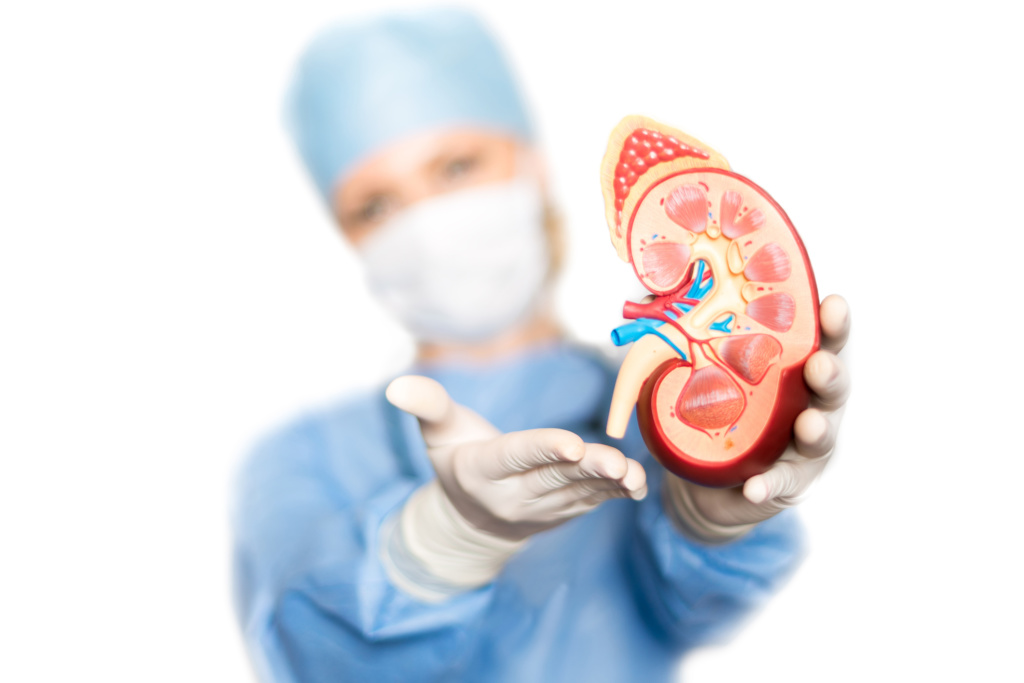What Should You Know About Kidney Disease?
Dr. Rejeesh Vasudev, MD, FACP, FASN, FASH, FNKF
Why are the kidneys so important in our body?
Humans have two kidneys, each about the size of a fist, located on either side of the upper back. Healthy kidneys carry out many vital functions in our body and keep the bodily chemicals in balance. Most importantly, they remove waste products and excess fluid from the body through the urine.
Kidneys also regulate the salt and acid content in our body. Certain hormones that are produced by the kidneys control various functions in our body such as stimulation of red blood cell production, regulation of blood pressure and maintenance of healthy bones.
What is Chronic Kidney Disease (CKD)?
Chronic Kidney Disease (CKD) is a condition where kidneys gradually lose their ability to keep your blood clean. When kidney function declines, waste products and fluids can build up and make you feel unwell. You may experience complications like high blood pressure, low blood count, fragile bones and poor nutritional health. Also, kidney disease increases your risk of having heart and blood vessel disease.
- 26 million American adults have CKD and millions of others are at increased risk.
- Early detection can help prevent the progression of kidney disease to kidney failure.
- Heart disease is the major cause of death for all people with CKD.
- These simple tests can detect CKD: urine albumin and serum creatinine.
What causes Chronic Kidney Disease?
The two most common causes of Chronic Kidney Disease are diabetes and hypertension, which are responsible for up to two-thirds of all the cases. Other conditions that affect the kidneys are:
- Glomerulonephritis, a group of diseases that cause inflammation and damage to the kidney’s filtering units.
- Inherited diseases, such as polycystic kidney disease, which causes large and numerous cysts to form in the kidneys and damage the surrounding tissue. Cysts are usually fluid filled cavities in the kidney tissue.
- Lupus and other diseases that affect the body’s immune system and damage kidney tissue.
- Obstructions caused by problems like kidney stones, tumors or an enlarged prostate gland in men.
- Repeated urinary infections.
What are the major risk factors for Chronic Kidney Disease ?
- Diabetes
- High blood pressure
- Family history of kidney disease or failure
- Population group that has a high rate of diabetes or high blood pressure, such as African Americans, Hispanic Americans, Asian, Pacific Islanders, and American Indians.
What are the symptoms of CKD?
Most people may not have any symptoms until their kidney disease is advanced. However, you may notice that you:
- feel more tired and have trouble concentrating
- have a poor appetite
- have muscle cramps at night
- have swollen feet and ankles
- have puffiness around your eyes, especially in the morning
- make less amount of urine
What Are the Warning Signs of Kidney Disease?
Although many forms of Kidney Disease do not produce symptoms until late in the course of the disease, there are few warning signs of kidney disease including:
- High blood pressure
- Blood and/or protein in the urine
- High levels of creatinine and Blood Urea Nitrogen (BUN) in the blood. BUN and creatinine are waste products that build up in your blood when your kidney function is reduced.
- A glomerular filtration rate (GFR) less than 60. GFR is a measure of kidney function.
- Puffiness around eyes, swelling of hands and feet.
Can Kidney Disease Be Successfully Treated?
Kidney disease is a progressive disease which often can be treated depending on the cause and stage of the disease. In its early stages, it is usually managed with exercise, diet, and medications. With this approach, most people can slow or stop the progression of kidney disease and enjoy a normal lifestyle. Careful control of diseases like diabetes and high blood pressure can help prevent kidney disease or keep it from getting worse. Kidney stones and urinary tract infections can usually be treated successfully
How is Kidney Failure Treated?
Sometimes, Chronic Kidney Disease may progress to kidney failure, requiring dialysis or kidney transplantation to sustain the life and healthy well-being. Dialysis is a treatment that removes wastes and excess fluid from your body. There are mainly two types of dialysis that are available: hemodialysis (blood dialysis) or peritoneal dialysis (belly dialysis). Treatment with hemodialysis may be performed at a dialysis unit or at home. Hemodialysis treatments are usually performed three times a week. Peritoneal dialysis is generally done daily at home.
A kidney transplant is an operation that places a new kidney inside your body. The kidney may come from someone who died or from a living donor who may be a relative, friend or possibly a stranger, who donates a kidney to anyone in need of a transplant. Kidney transplants have high success rates.
A kidney specialist can explain the different approaches and help individual patients make the best treatment choices for themselves and their families.

